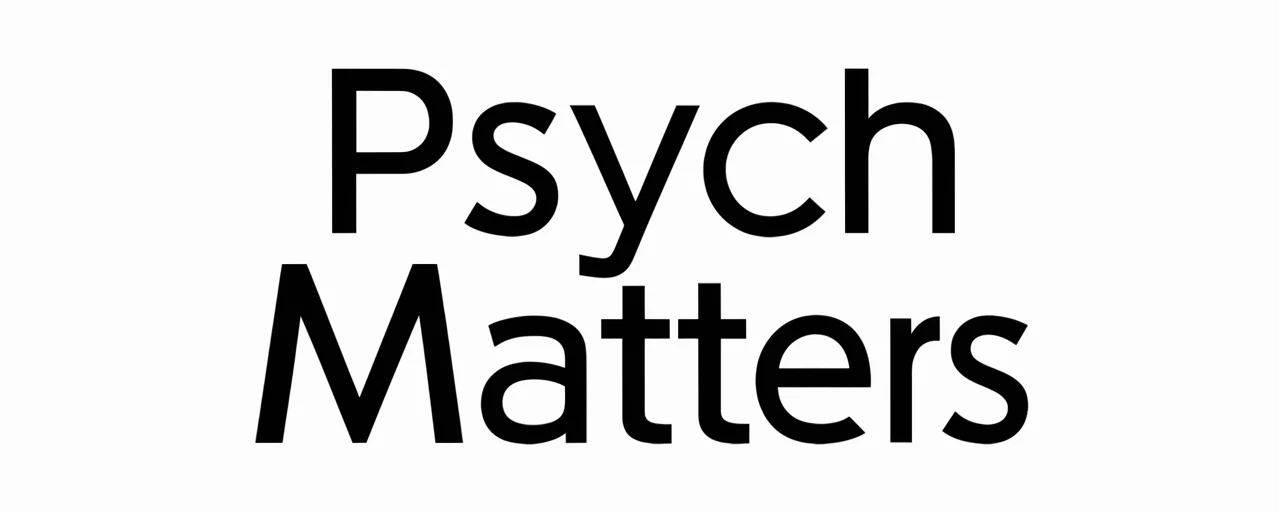Counseling Psychology: Empowering Growth and Well-being
Counseling psychology is a dynamic field dedicated to helping individuals navigate life’s challenges and achieve personal growth. This article explores the core principles, applications, and current trends in counseling psychology, providing valuable insights for those interested in understanding or seeking support from this profession.
The Unique Benefits of Counseling Psychology
Counseling psychology stands out for its focus on empowering individuals to overcome challenges and reach their full potential. The field emphasizes a strength-based approach, cultural sensitivity, and brief, goal-oriented interventions. As Scheel et al. (2018) state in their paper on the Counseling Psychology Model Training Program:
“The counseling psychology Model Training Program (MTP) was written to reflect new developments in counseling psychology, the American Psychological Association, and the world. The updated MTP is aspirational, intended to guide the development and maintenance of counseling psychology programs.”
This commitment to evolving and adapting ensures that counseling psychology remains at the forefront of mental health support.

Key Features of Counseling Psychology:
- Holistic approach: Counseling psychologists consider the whole person, including their cultural background, relationships, and environment.
- Focus on strengths: Practitioners help clients identify and leverage their existing resources and resilience.
- Prevention and education: Beyond addressing current issues, counseling psychologists promote mental health literacy and resilience-building.
- Diverse settings: Services are offered in schools, universities, hospitals, community centers, and private practices.

Real-Life Application
Consider Sarah, a 28-year-old software engineer struggling with work-related stress and imposter syndrome. A counseling psychologist might:
- Explore Sarah’s strengths and past successes
- Teach stress management techniques
- Address underlying beliefs contributing to imposter syndrome
- Provide strategies for better work-life balance
This short-term, focused approach empowers Sarah to develop lasting coping skills.

Current Trends and Innovations
Technology Integration
The field is rapidly embracing technological advancements to improve access and effectiveness of services. Lichtenberg et al. (2018) provide insight into the evolving landscape:
“We summarize the results of a national survey (N=799) conducted to provide a current snapshot of counseling psychologists, what they do, how and where they do it, and the extent to which they ascribe to specific counseling psychology values.”
This research highlights the growing use of telehealth, online counseling platforms, and mental health apps among counseling psychologists.

Focus on Diversity and Inclusivity
Counseling psychology is at the forefront of addressing systemic barriers and advocating for underserved populations. Hargons et al. (2017) emphasize this commitment:
“Counseling psychology states values of multiculturalism, social justice, and advocacy. Executive leadership in counseling psychology may seek to promote racial justice, yet struggle with how to participate in Black Lives Matter movements and address racial discrimination within larger systems spontaneously and consistently.”
This focus on social justice and cultural competence is reshaping training programs and practice guidelines.

Innovative Research Methods
New approaches are being explored to enhance understanding of therapeutic processes. Lester et al. (2018) introduce one such method:
“In this article, we present discursive psychology (DP), a qualitative approach that focuses on the study of conversational and textual materials, including everyday interactions. Although DP is well-established methodologically and theoretically, and is used widely in Europe and in the Commonwealth countries, it is relatively unknown in counseling psychology in the United States.”
These innovative methods are expanding the field’s ability to understand and improve therapeutic outcomes.

Finding a Qualified Counseling Psychologist
When seeking a counseling psychologist, consider the following:
- Credentials: Look for licensed professionals with doctoral degrees in counseling psychology.
- Experience: Seek therapists with expertise in your specific concerns.
- Cultural competence: Choose a practitioner who understands and respects your cultural background.
- Therapeutic approach: Research different therapy styles to find one that resonates with you.
- Insurance and accessibility: Verify coverage and explore sliding scale options if needed.
Conclusion
Counseling psychology offers a unique, holistic approach to mental health and personal growth. Counseling psychologists empower individuals to overcome challenges and achieve their full potential by focusing on strengths, cultural sensitivity, and evidence-based practices. As the field continues to evolve, it remains committed to addressing the diverse needs of individuals and communities in an ever-changing world.
Resources
For those interested in learning more about counseling psychology or seeking support, consider the following resources:
- American Psychological Association (APA) Division 17 – Society of Counseling Psychology: https://www.div17.org/
- APA’s Psychologist Locator: https://locator.apa.org/
- National Board for Certified Counselors (NBCC): https://www.nbcc.org/
References
Hargons, C., Mosley, D., Falconer, J., Faloughi, R., Singh, A., Stevens-Watkins, D., & Cokley, K. (2017). Black Lives Matter: A Call to Action for Counseling Psychology Leaders. The Counseling Psychologist, 45(6), 873–901. https://doi.org/10.1177/0011000017733048
Lester, J. N., Wong, Y. J., O’Reilly, M., & Kiyimba, N. (2018). Discursive Psychology: Implications for Counseling Psychology. The Counseling Psychologist, 46(5), 576–607. https://doi.org/10.1177/0011000018780462
Lichtenberg, J. W., Hutman, H., & Goodyear, R. K. (2018). Portrait of Counseling Psychology: Demographics, Roles, Activities, and Values Across Three Decades. The Counseling Psychologist, 46(1), 50–76. https://doi.org/10.1177/0011000018754532
Scheel, M. J., Stabb, S. D., Cohn, T. J., Duan, C., & Sauer, E. M. (2018). Counseling Psychology Model Training Program. The Counseling Psychologist, 46(1), 6–49. https://doi.org/10.1177/0011000018755512
Further Reading
Freedheim, D. K., & Weiner, I. B. (Eds.). (2003). Handbook of Psychology: Volume 1, History of Psychology. John Wiley & Sons.







